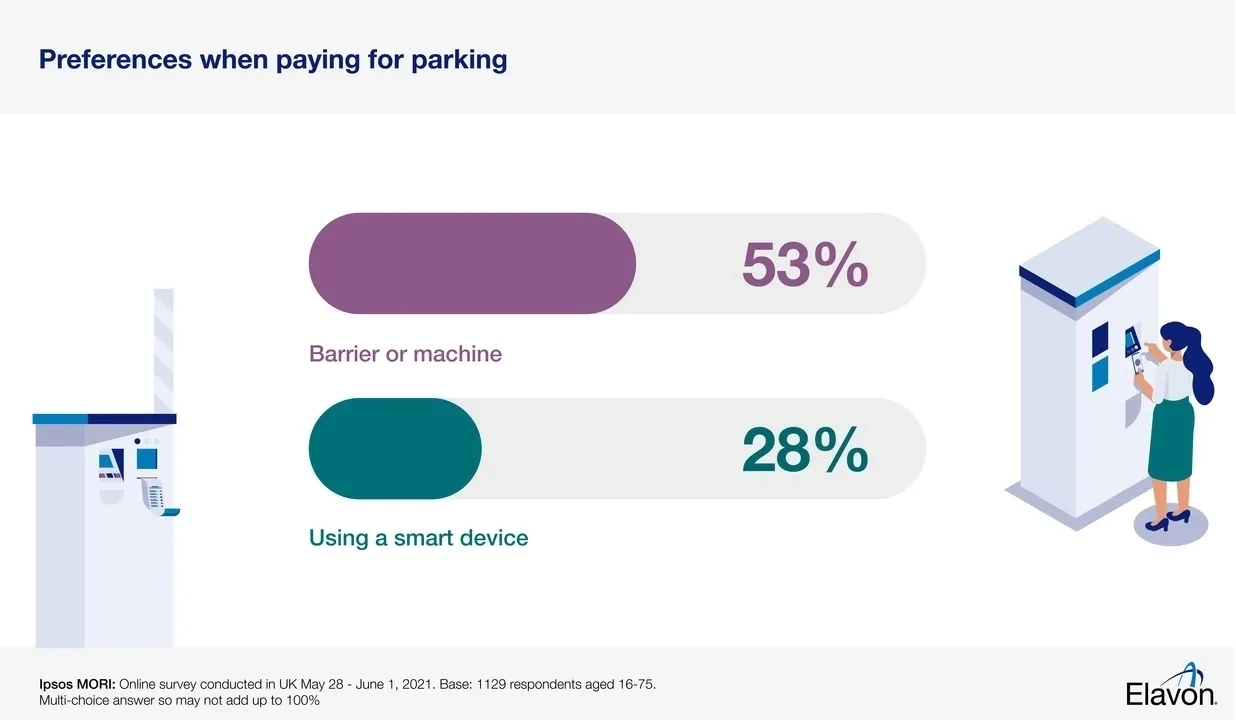Payments insight: Parking preferences
Parking is an area of the economy so easily taken for granted, but across Europe it’s an industry worth more than €30.5 billion per year, employing over half a million people and providing around 41 million parking spaces.
“External factors - yes, including COVID-19 - have accelerated change that had long been in discussion as traveller volumes change and vacant parking bays increase,” says Patrick Doherty, Head of Emerging Markets.
“The impact of the growth in home working, regulatory changes promoting ‘cleaner mobility’ through car sharing or cycling, and competitive pressures such as flexible car hire, has prompted wide-spread changes in parking payment strategies and a move towards Smart Parking.”
Local authorities are almost always the largest suppliers of parking spaces, whether on-street or off-street. Hospitals, hotels, shops, railway stations, airports and private suppliers also feature among the biggest providers.
Pilot projects across Europe are reimagining how we travel, and park, in attempts to unclog our towns and cities. Often that means making the valuable real estate underpinning traditional parking bays work harder than ever before.
“It could mean making them multi-use hubs” says Patrick.
“That could be entertainment-style hubs providing WIFI, food and drink, gyms and public gardens, or transforming them into transport hubs: offering cycle storage, ride-sharing options, charging for electric vehicles as well as, of course, somewhere to park your car while you’re working or shopping.
“It all means we’re witnessing an awakening in interest as people face a post-pandemic world with increasing demands from their parking service providers,” adds Patrick. t to purchase from business who are responsible and sustainable, and plan to increase buying from brands with ethical credentials.

.jpg)










